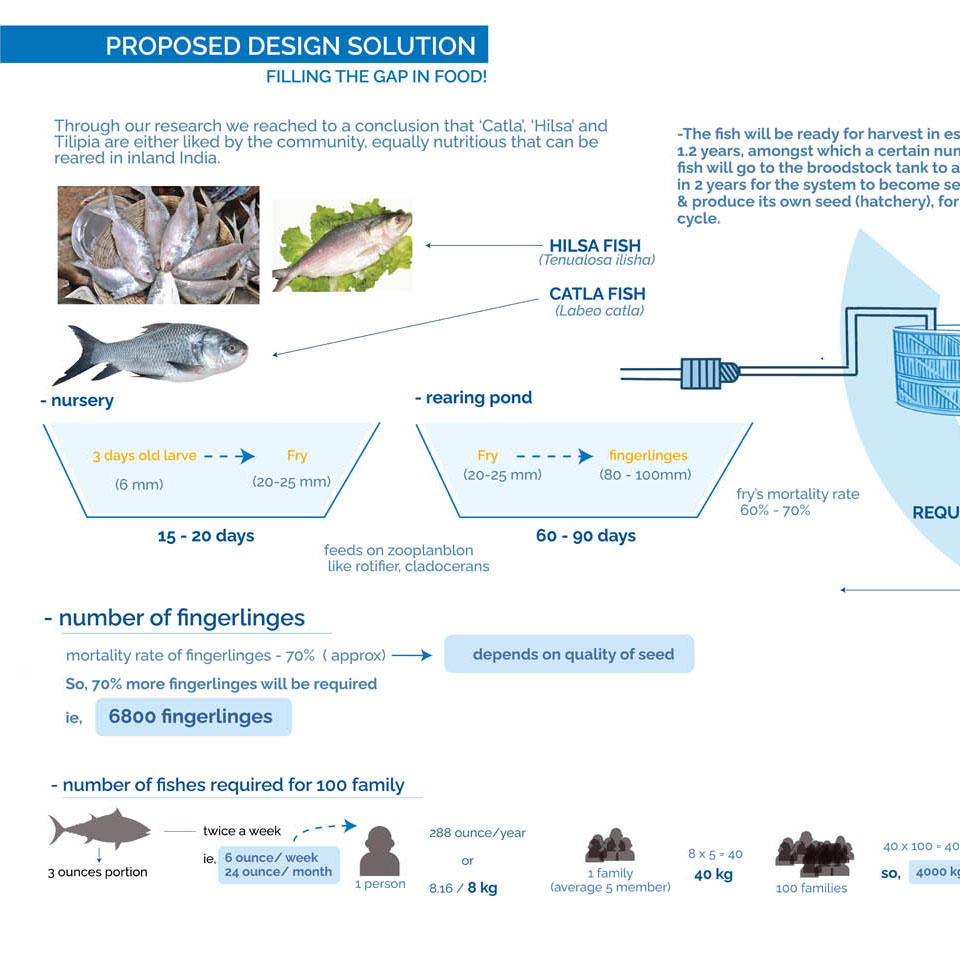Winner – 1st Prize
Self Reliance for the Persecuted
Team TDV – Mayank Raj, Manisha Bisht, Yukti Anand
The Design Village, India
Food insecurity and lack of nutrition continue to plague many communities across the globe. Chief among them are those affected by displacement due to economic, social, climatic and political reasons.
Of the 82.4 million refugees across the world, India hosts 208,065 (as of March 2021) from many neighboring countries. Of these 40,000 are estimated to be Rohingyas who have fled the Rakhine state of Myanmar due to religious and ethnic persecution. Of these only 22,459 are officially registered with UNHCR India, receiving a refugee card as their only valid identity proof.
Acknowledging these complexities, we decided to delve deeper into the ideas of food security for the stateless. We hope to address food access, production and consumption for a few, hoping one intervention could lead to possibilities for the many, across the country and globe.
The Rohingya Muslims of Myanmar, a primarily Buddhist state, are considered to be the most persecuted minority in the world and have faced institutionalized discrimination for decades. Our project addresses a settlement of 100 Rohingya families residing in shanties alongside 700 inter-state migrants in Shram Vihar, New Delhi. With no sanitation, access to roads, sewage or drainage systems, and little access to nutrition, they have little hope.
With no state of asylum possible, the national/local government provides no access or aid, rendering the community largely dependent on UNHCR for a few kgs of rice, pulses, oil and salt for survival. Other aid is usually met through humanitarian efforts, in the form of food supplies, medicines, education for children through NGOs and other organizations.
Through intensive visits across weekends and interviews with residents, local doctors, aid workers etc, we were able to determine the complex system of receiving insufficient dry ration. The gross miscalculation of nutrients and no consideration for the traditional native palette of the community was made apparent. The community supplemented the need for fish and greens in their diet by selling the already sparse ration provided.
Having no access to salaried jobs, the community members work as regularized labour, often working in hazardous conditions like sorting medical waste. Growing small amounts of greens on polluted soil using drainage water, the doctor observed that the residents of Shram Vihar, suffer chronically from multiple deficiencies and infections. Local studies have revealed higher rates of epilepsy in the community as an effect of mental stress and continued temporality.
Addressing this gap created by the discrimination between alive and living, we are proposing a service to not just address the pressing issue of nutrient deficiencies in the community, but also develop a sense of general well being by using their existing skill in bamboo and leveraging their cultural knowledge of farming.
Through self-reliance and identity development, the Rohingyas can move away from a sense of statelessness and can find solace in this landlocked geography, so far from home. By assimilating their culture, traditional skills and belief systems they can have a life, by achieving physical and mental well being.

